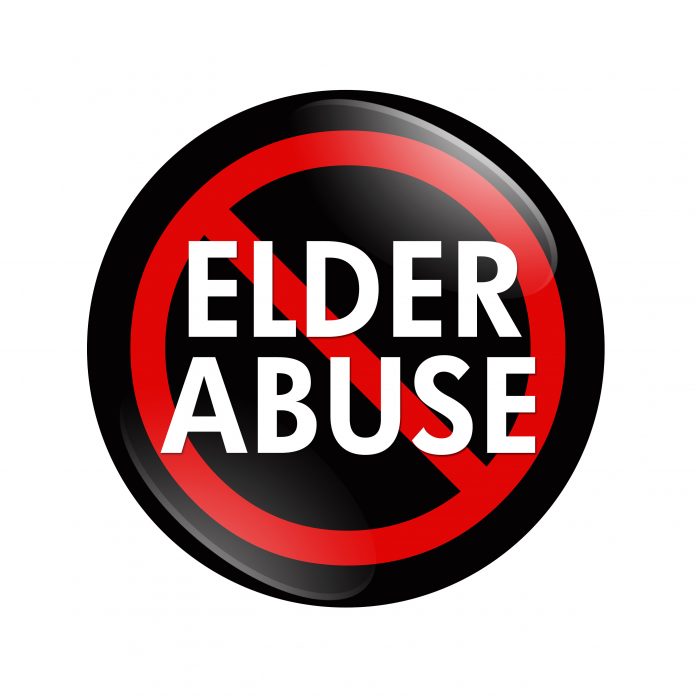Psychological abuse of the elderly includes verbal or non-verbal acts that take away their dignity. It lowers their self-worth and threatens their psychological well-being. Psychological abuse also includes emotional abuse and any attempt to intimidate or make a senior feel less human.
What are some of the signs of psychological abuse of seniors?
- The person may be uncomfortable talking about their current situation.
- You might notice they may be more upset, nervous or agitated than usual.
- Loved ones may begin to withdraw from friends and other members of their family. Their self-esteem may be low.
- You may find that when they are with certain people they are uncomfortable or tense.
Emotional and psychological abuse of the elderly can include:
- Speaking to a senior in a way that hurts their feelings or makes them feel worthless. Some examples could be name calling, belittling or insulting the senior.
- Threats of violence or abandonment.
- Emotional abusers try to separate the abused person from their friends and family. Once a senior is isolated there is no one to help.
- The abuser may infringe on their privacy, leaving them no time to be by themselves.
Protect yourself and those you love from psychological abuse. Seniors are entitled to respect and the right to live safely, free from being abused emotionally or psychologically. They have the right to live in a safe and secure home.
If you or someone you know is being abused psychologically, ask for help. Go to a trusted family member, health care provider or senior’s centre. The most common type of elder abuse is believed to be psychological abuse. It is also the most difficult to detect and often goes unreported. Learn as much as you can about psychological abuse of seniors so you will recognize the signs.























